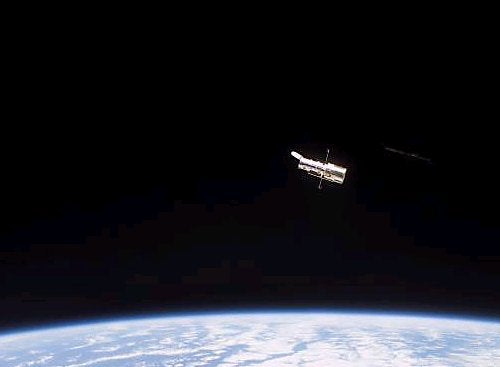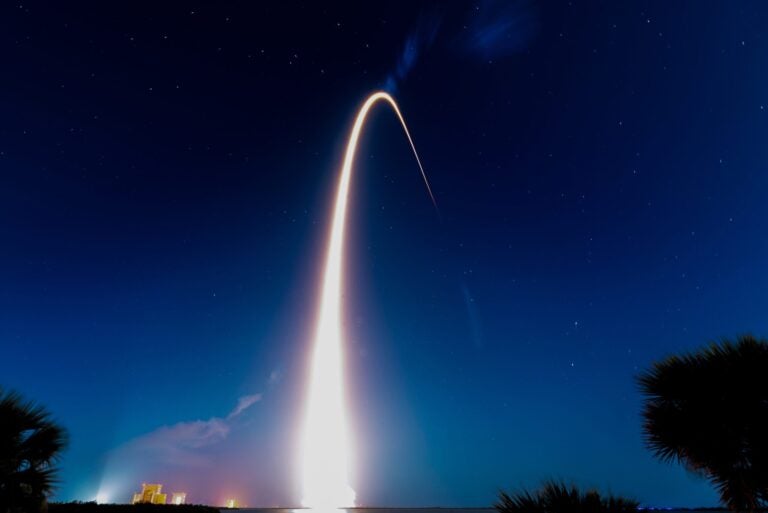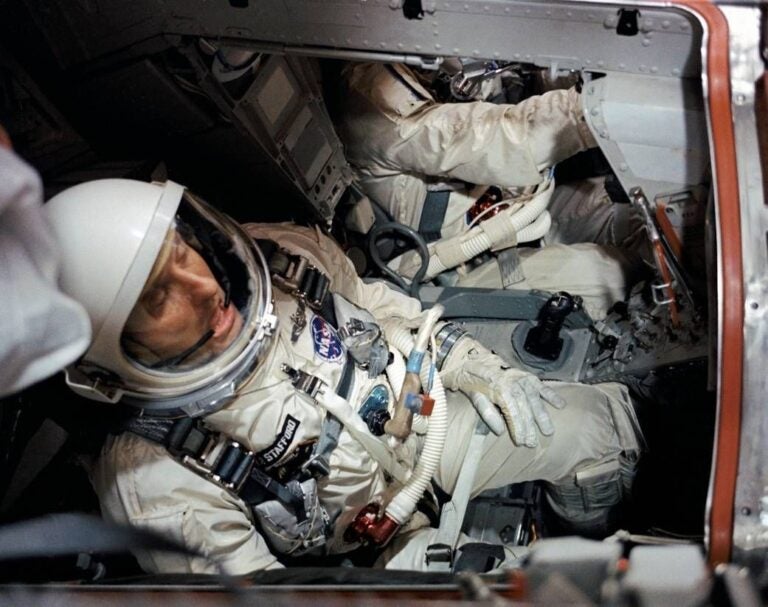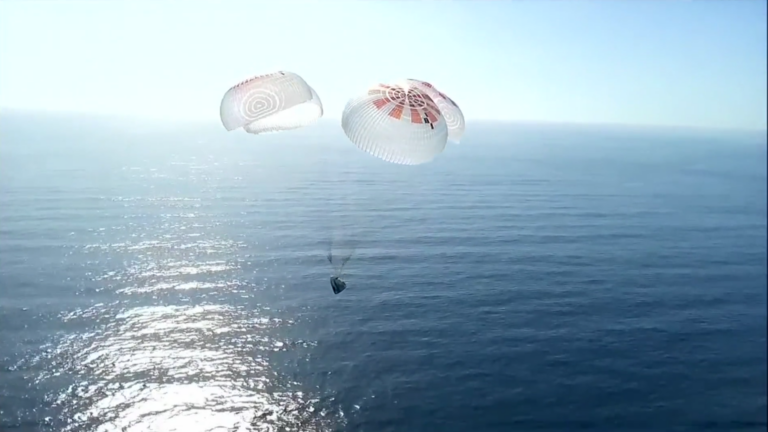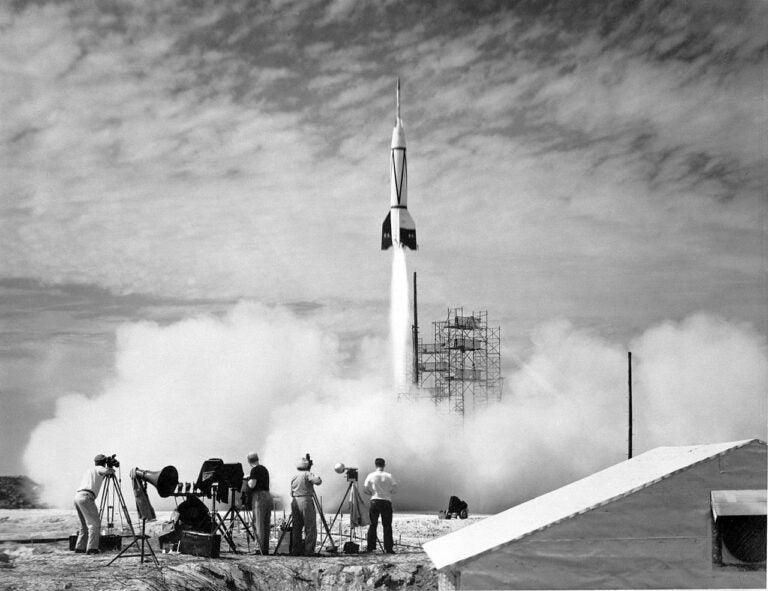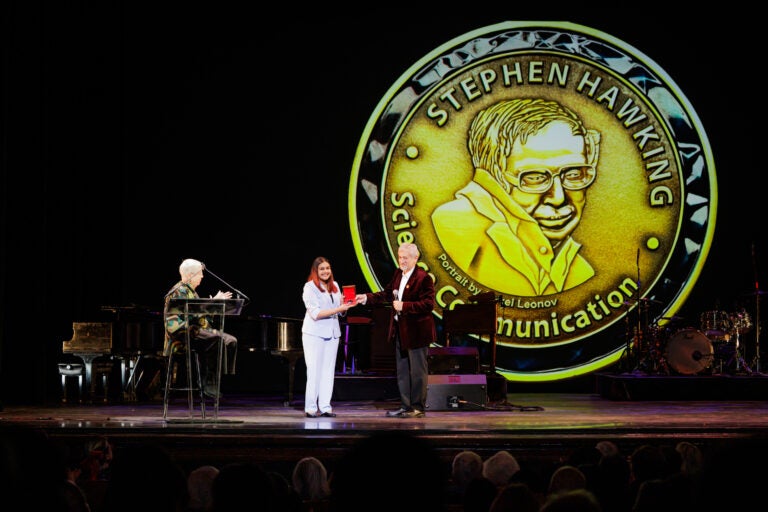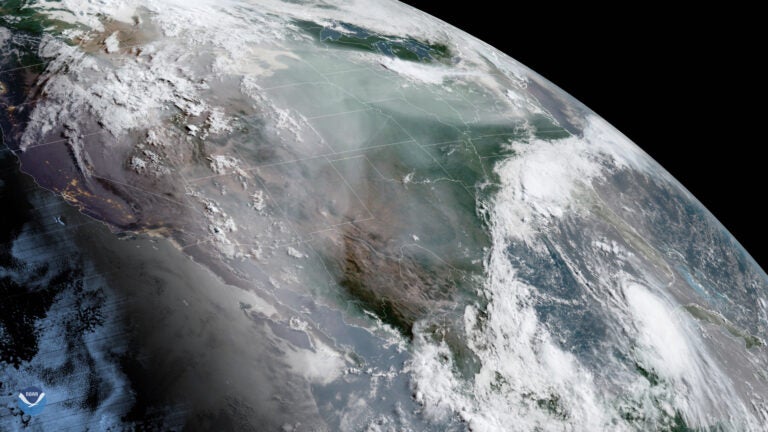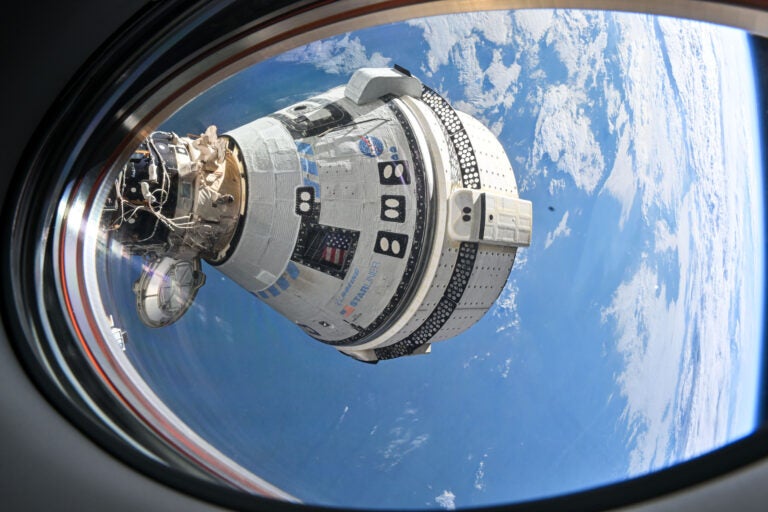NASA Administrator Sean O’Keefe made the decision to cancel the fifth space shuttle servicing mission to the telescope based on shuttle safety issues. O’Keefe said he determined that sending a shuttle to Hubble would be too risky, pointing to the report of the Columbia Accident Investigation Board (CAIB) that urged NASA devote all remaining shuttle missions to the International Space Station. The logic behind the requirement is that the station could be a safe haven for any shuttle damaged during launch, as was the fate of Columbia on its final launch January 16, 2003. A foam fragment from the shuttle’s external fuel tank ripped loose during launch and struck its wing. The resulting damage was determined to have led to the Columbia’s breakup during its reentry on February 1, 2003, killing all seven crew members aboard.
O’Keefe said that when viewed in that light, a shuttle Hubble repair flight would be too dangerous. In addition, the agency would have needed to ready a second shuttle vehicle for launch during the duration of the flight, in the event damage was detected on the shuttle that could not be repaired in orbit. O’Keefe said the combination of safety factors, not budget issues, shaped his decision.
But in the aftermath of the announcement, both the public and politicians have called for a reversal, or at least a review. Senator Barbara Milkulski (D-MD) asked O’Keefe for a meeting to review the decision but was rebuffed. With NASA’s Fiscal Year 2005 budget now before Congress, and a presidential election year looming, Milkulski was hinting that a round of congressional hearings might be in the offing.
To head off some of the building political pressure, O’Keefe turned to retired Admiral Harold Gehman, chair of the CAIB that reviewed the shuttle accident, to review the safety issues involved in flying the Hubble repair flight. Gehman said he would review the issue consistent with the elements of his August 2003 report and with other in-flight repair capabilities planned for the shuttle fleet. Gehman did not say when his review would be complete, although O’Keefe told reporters he expected a quick study.
Milkulski remained adamant that Hubble might yet be saved, telling a gathering at the Hubble Space Telescope Science Institute in Baltimore on January 30th that she would not take ‘no’ for an answer. The public also is making its voice heard; as of early February, some 14,435 signatures have been submitted to the SavetheHubble.org web page. The page urges members of Congress “not to allow the Hubble to be retired so it can be used for scientific purposes as well as for educational outreach.”

